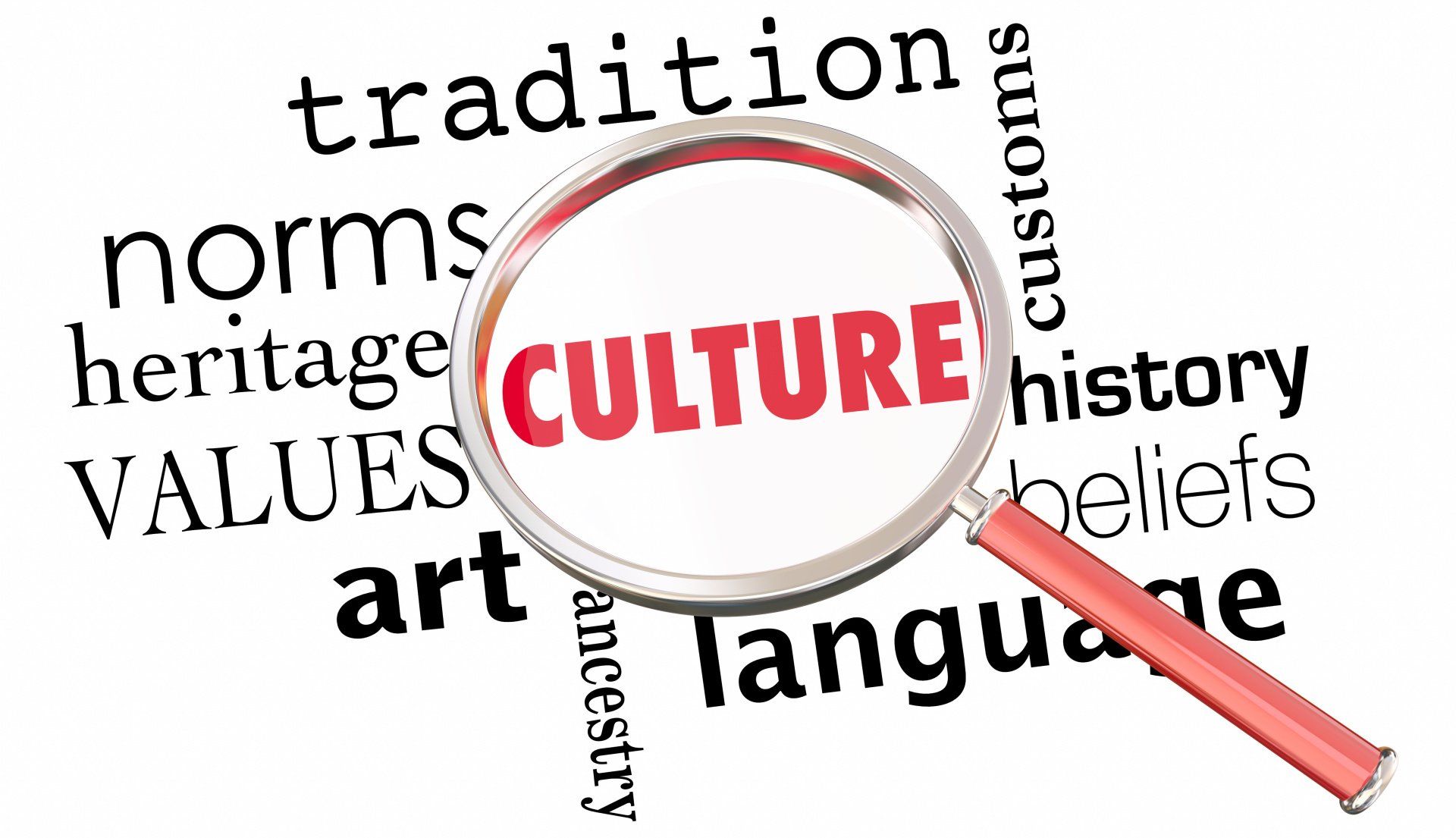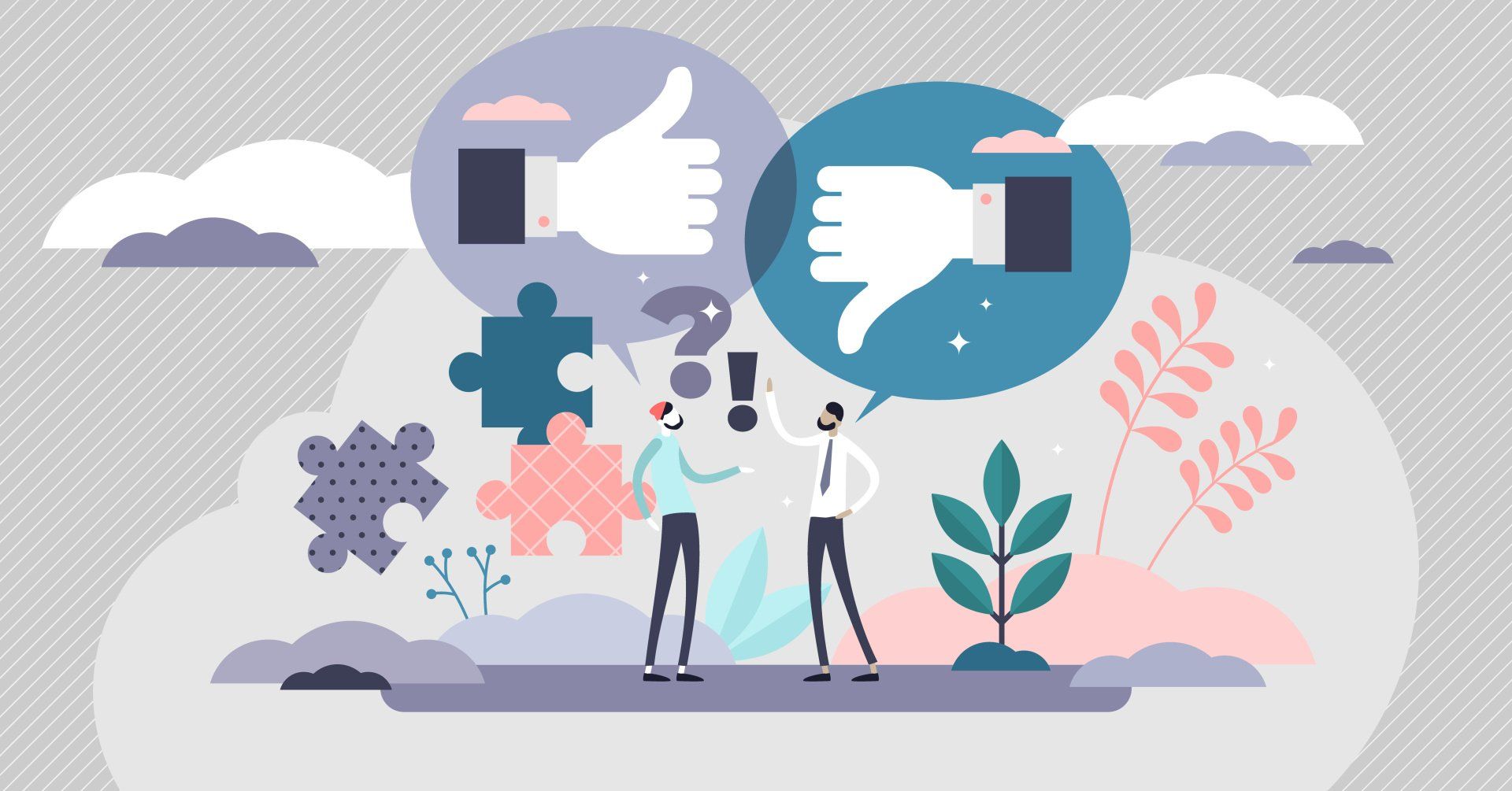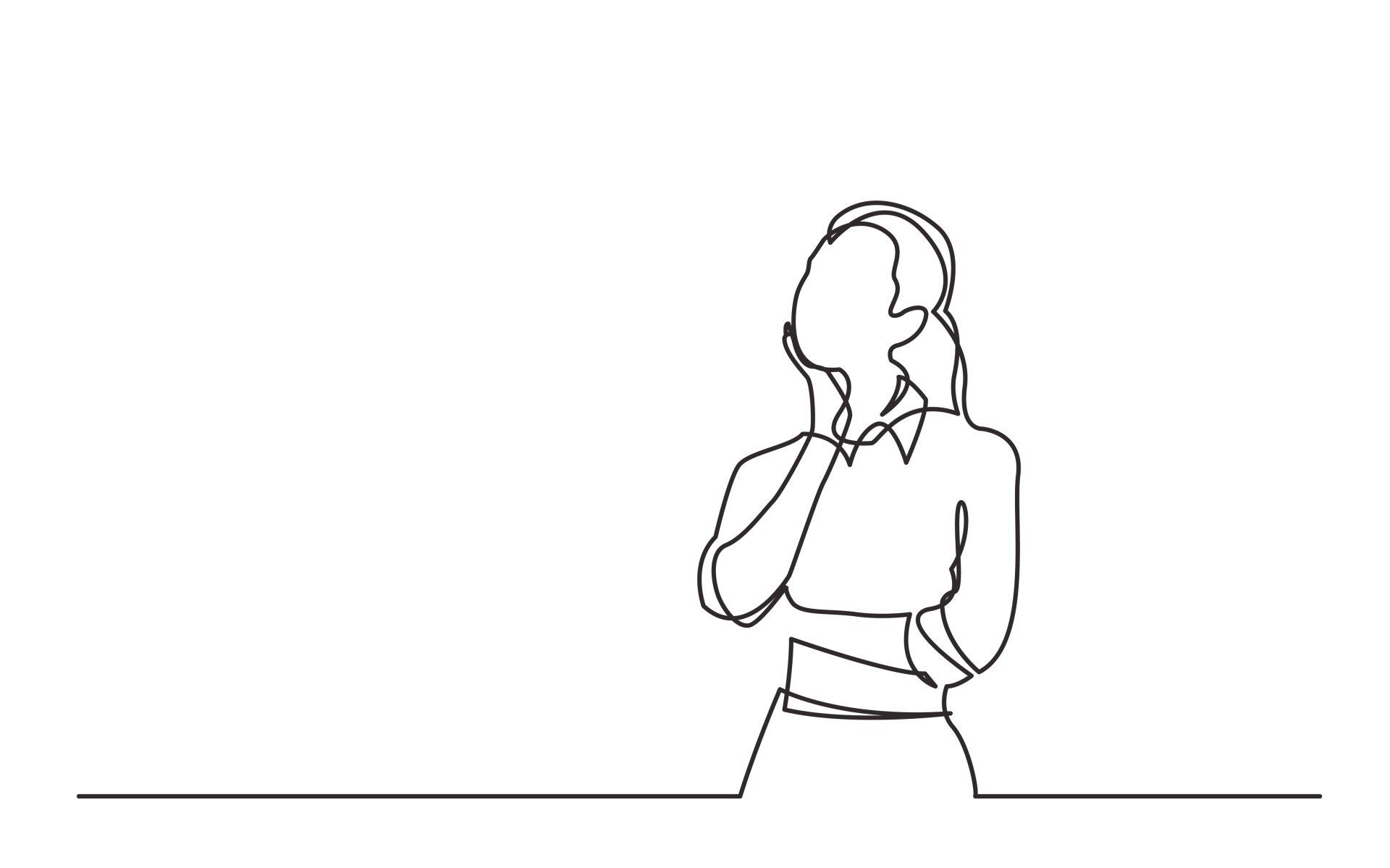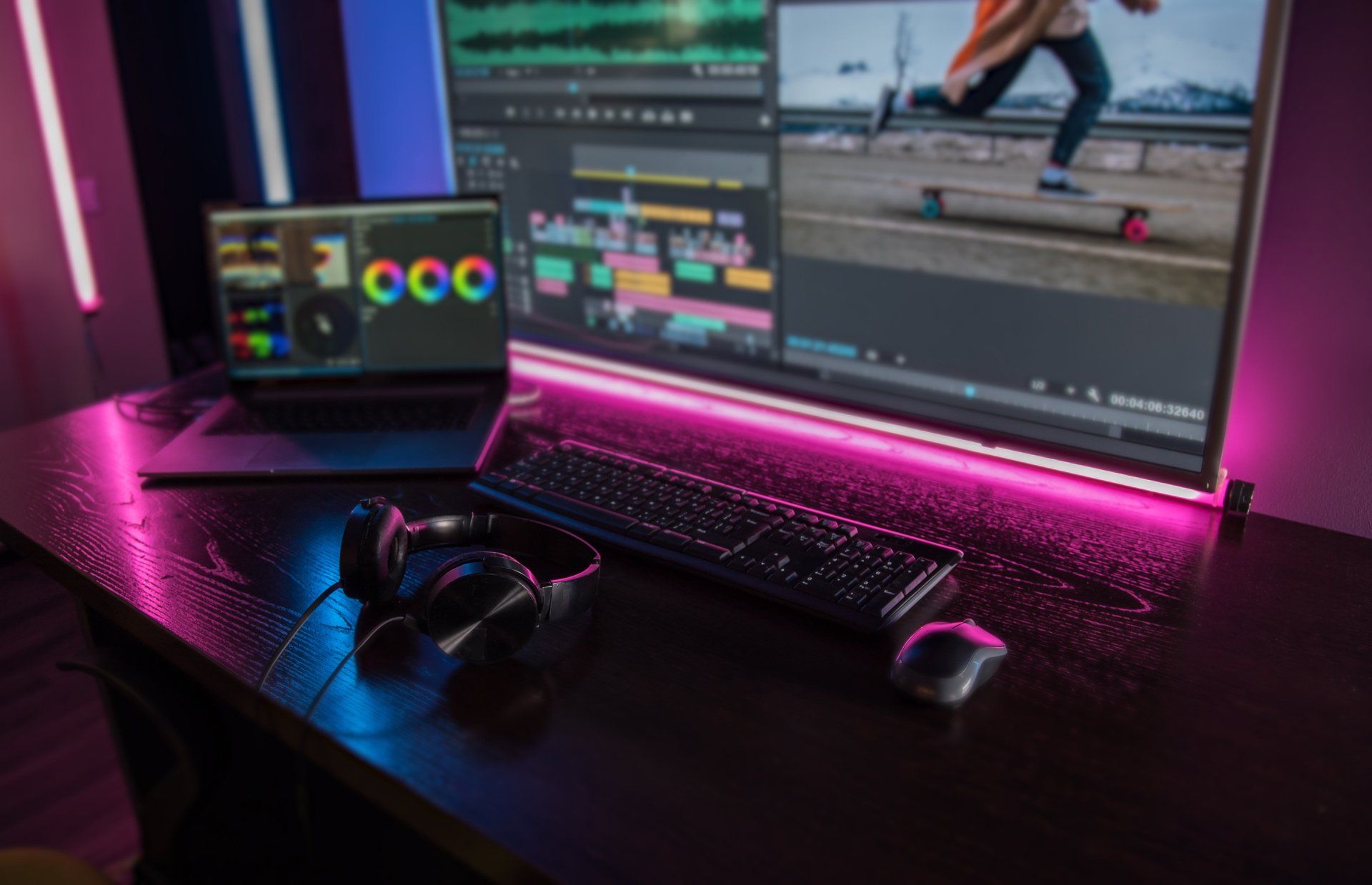She said what?!
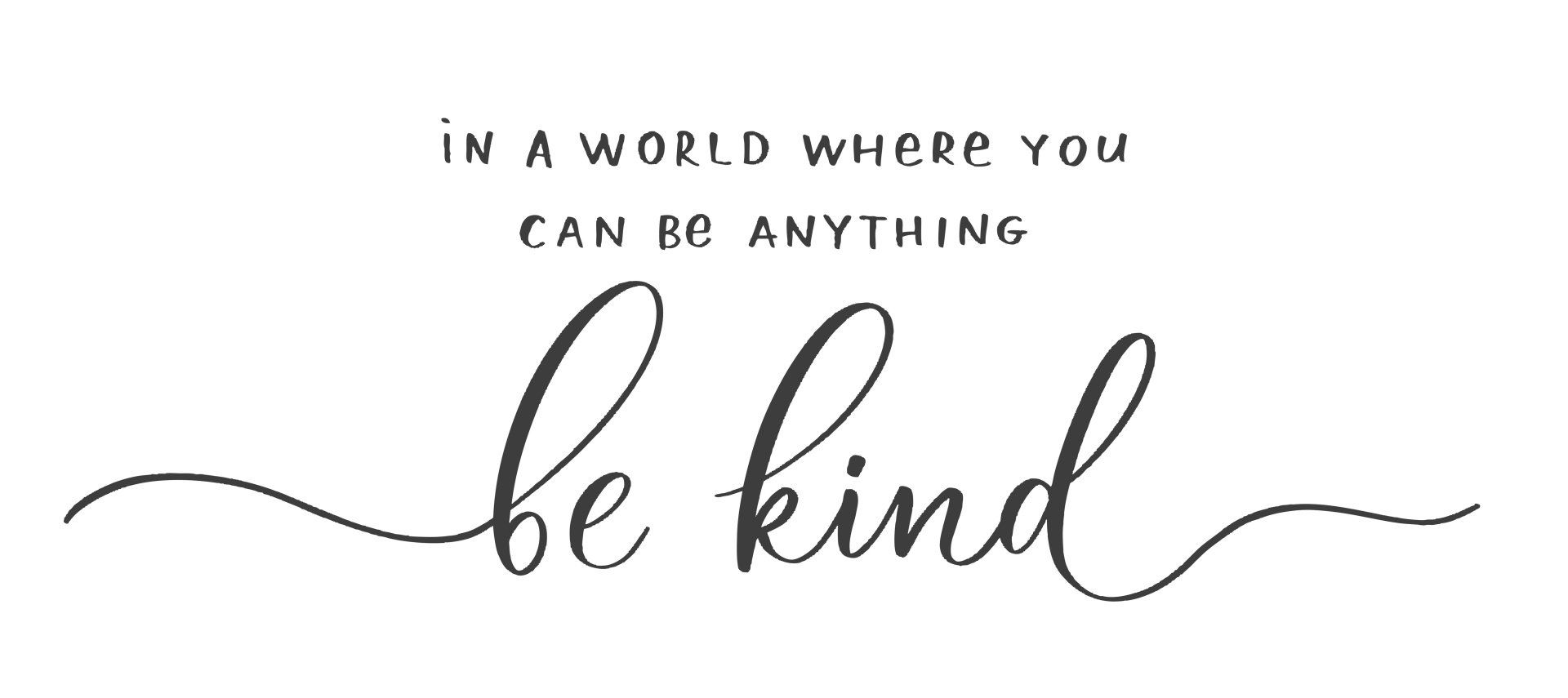
During this class and others, our professors encourage us to provide critique to our fellow students. The criteria are that this feedback is kind, actionable, balanced, and solution focused. To always assume good intentions of others when we interact with them.
It has been so refreshing and if I could sprinkle one thing around in our industry, it is this. To be kind and considerate in our critique towards our peers, towards our clients and co-workers, and even ourselves. Especially when we/they get it wrong.
Fostering an optimal learning environment, always!
We work in the field of Learning and Development. Part of our responsibility is to encourage a positive, safe, and optimal learning environment. We should role model this behavior, but do we? And when we do, do we do this consistently?
My Learning and Development career has been a journey
My formal education was in Business Management. I rolled into L&D 15 years ago because I got so much fulfillment from supporting others in their learning journey. And during that rolling, I was fortunate enough to be mentored by a lot of talented professionals, who were willing to invest their time in me. I was like a sponge, soaking up all the knowledge and information I could find. Reading article after article, book after book, joining seminars and conferences.
There were true golden nuggets in there, but I also encountered some considerable disinformation (even from senior leaders) that later could not be proven, was plain wrong, or at the very least doubtful. But initially I took on this information as truth. I think we have all been there. Perhaps not even that long ago.
Is my algorithm off or is a trend developing?
I’m observing a trend where we, as learning and development specialists, roll eyes and sigh deeply, before ranting about the people who have not yet read the memo on certain items. We even aim those daggers towards our precious community sometimes, perhaps to either to prove our worth or to defend a certain position. But what is there to prove and why should we succumb to shaming people into more informed knowledge?
Especially towards our network who are not in the industry, with clients or colleagues we work for/with. This group don't consist of trained L&D professionals. Somewhere they heard messages around mobile learning, virtual reality, gamification and certain models and learning styles and come to us with specific ideas around them that don't add up. They may truly believe that training will fix all of their problems, or that when the problem remains that the training must be at fault.
They do this, not to bug us, but because probably nobody has told them otherwise. Nobody explained that a type of training isn't the be all or end all. Or if it was explained, that it was done in a language that they could understand. Has anyone truly guided them in seeing the broader picture?
It is intriguing how we deal with it. Perhaps not overtly, but still visible to the untrained eyes and ears. We hear them talk and we scoff, we shake our heads in disbelief. We wonder, how often we need to repeat our message before people finally get it. Why won’t people listen?
Are we sure we explained it well enough?
I think people getting it really starts and ends with us. Me, you, and the wider L&D cohort. Somewhere, we have not taken appropriate ownership of our role and the responsibility that comes with it. It is our job to educate the people we serve, and then educate them some more. Educate them in ways they understand, finding their WIIFM. We cannot expect people outside of our industry to have to invest time into knowing the ins and outs relating to L&D specific topics. But we can make them understand better through their interactions with us.
Show our network examples of what good really does look like. Not condescending, but deliberate, clear, and kind. We share our case studies, our portfolios, and highlight our performance improvement mindset. Engage in conversations, dose our messages, taking small steps, and then some more. We have so much to offer the workplace, our community, and each other.
I want to petition for us all to be more patient, be kind, role model and practice what we preach, myself certainly included. Even when we think nobody is listening or watching.
Gratitude and paying it forward
I’ve been coached, educated, mentored, taught by a wealth of Learning and Development professionals, who took the time to tell me over and over again where my focus ought to be. They did so patiently, they did so kindly. I don't know if I'd still be in this industry if I was made to feel shame about my learning journey. For having gotten the memo too late. Let's get the memo on what good looks like when you notice the other person needs it. Do it respectfully, and when possible, do it privately. That's just in time learning, right?
My network didn't shame me. They allowed me to make mistakes, would take me aside to alert me on how to do better next time. If I made the mistake again, they would again take me aside and tell/show me again. I’ve also been coached, educated, mentored, taught by a wealth of my clients, peers, interns, competitors, leadership, subordinates, partners, vendors, etc. I’m grateful for those opportunities as well. Let’s get back to that development mindset. Let's market the Learning and Development competencies and skills. Let's collectively do better.
Thank you Boise State - OPWL cohort
To my entire Boise cohort, the students (past and present), the faculty members: Thank you. Thank you for bringing back kindness and the art of providing feedback in a respectful, actionable, balanced, and solution-focused manner. Thank you for raising the standard.
Let’s meet the external world like that. It will make us all better educationalists. Let’s go out and sprinkle some Learning and Development growth mindset around in our network and create a positive impact that way.

